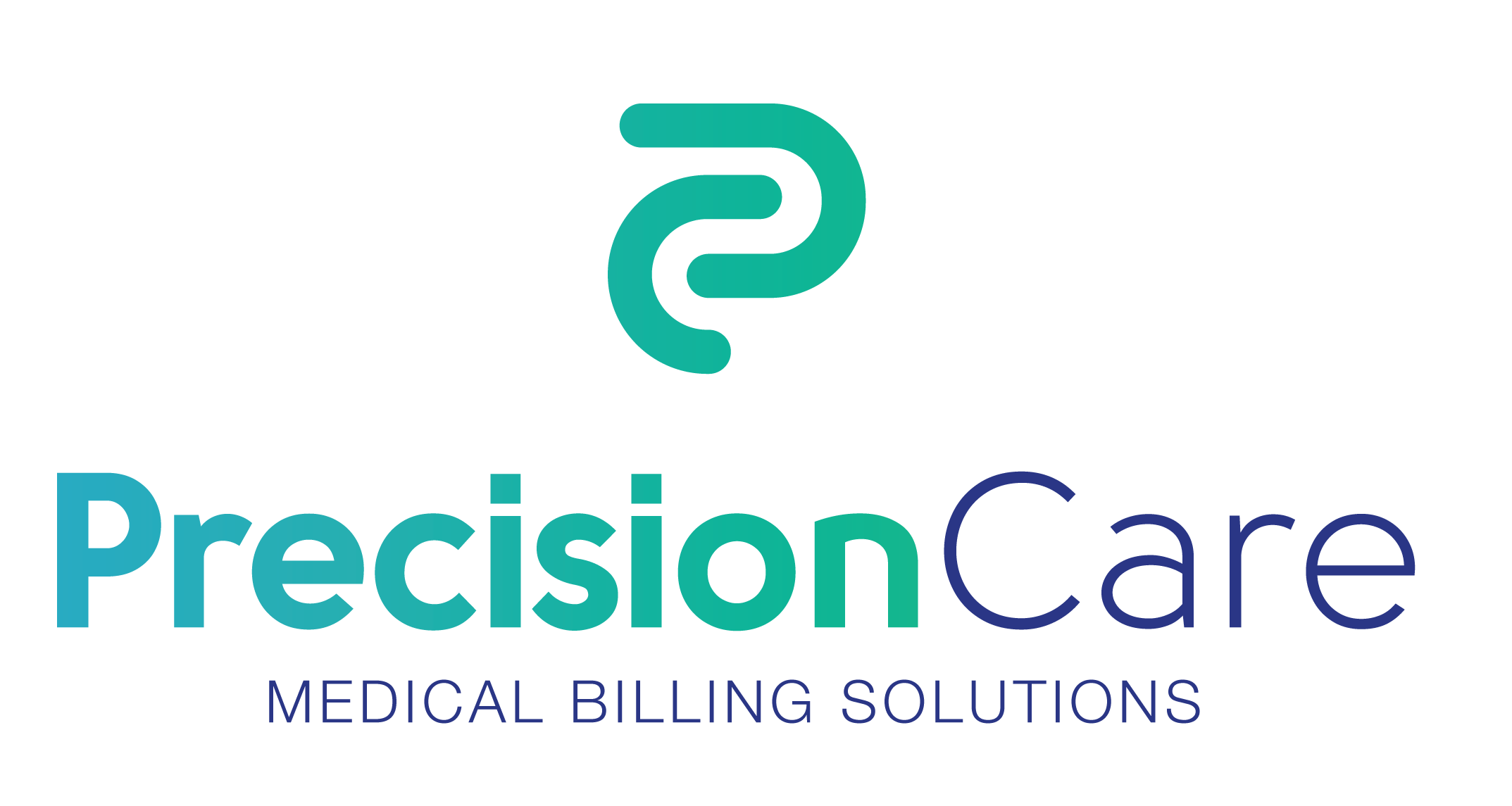The process of medical billing can be complex and challenging, especially when it comes to handling denied claims and appeals. Denied claims occur when an insurance company refuses to pay for a medical service, often due to errors in billing or incomplete documentation. When this happens, it is important for healthcare providers to understand how to handle the situation effectively to ensure proper reimbursement and maintain a healthy Revenue cycle management.
One of the first steps in handling denied claims is to identify the reason for the denial. This can often be done by reviewing the explanation of benefits (EOB) provided by the insurance company. Common reasons for denial include incorrect patient information, coding errors, lack of medical necessity, or timely filing issues. Once the reason for denial is identified, providers can begin the process of appealing the decision.
When appealing a denied claim, it is important to gather all necessary documentation to support the claim. This may include medical records, invoices, and any other relevant information that can help prove the medical necessity of the service provided. It is also important to pay attention to deadlines for filing appeals, as missing a deadline can result in a claim being denied without the opportunity for further review.
In some cases, it may be necessary to involve the patient in the appeals process. Patients can provide additional information or documentation that can help support the claim and increase the chances of a successful appeal. Keeping open lines of communication with patients and involving them in the appeals process can help ensure a positive outcome.
Healthcare providers can also benefit from working closely with their billing and coding staff to identify and address any recurring issues that may be leading to denied claims. Regular training and education for staff members can help prevent errors and improve the accuracy of claims submissions. Investing in technology and software tools that can help streamline the billing process can also be beneficial in reducing the likelihood of denials.
Ultimately, handling denied claims and appeals in medical billing requires a proactive approach and attention to detail. By staying organized, communicating effectively with patients and insurance companies, and addressing any underlying issues that may be leading to denials, healthcare providers can improve their revenue cycle management and ensure that they are properly compensated for the services they provide. By following these tips and best practices, providers can navigate the complex world of medical billing with confidence and efficiency.
For more information visit:
PrecisionCare Medical Billing Solutions
https://www.precisioncaremedicalbilling.com/
Bothell, United States
Empowering Medical Practices with Billing Confidence.
Unlock the potential for increased revenue and streamlined billing processes with Precision Care Medical Billing. Say goodbye to headaches and hello to optimized billing solutions. Explore our services today at precisioncaremedicalbilling.com.
Precise Medical Billing Solutions:
Revenue Cycle Mgmt (RCM), Claim Denial Management, Soft Medical Collection. Accurate Claim Coding

